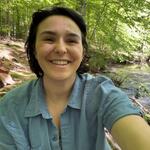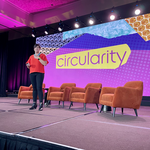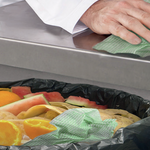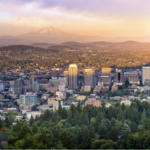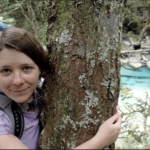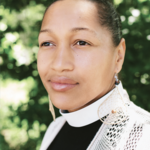- Date: 10 June 2022
- Author: Julia Kurnik, World Wildlife Fund
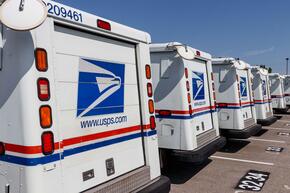
Our current food system is failing farmers, consumers, and the environment. Many farmers, especially small and minority farmers, struggle to turn a profit due to long supply chains. Meanwhile, over 30 million Americans experience food insecurity and often lack access to fresh, affordable produce. Yet fruit and vegetable farms exist in the majority of US counties, and up to 50% of all produce is wasted. There has to be a better way to get food from farmers to families.
Farmers Post is a program proposed by WWF’s Markets Institute as a way to connect farmers directly with consumers and increase food access, convenience, and nutrition. Through a partnership with the United States Postal Service (USPS), Farmers Post would allow customers to order produce from local farms and get it shipped right to their doorsteps. These are the top five reasons why Farmers Post would contribute to a more sustainable and equitable food system.
- Date: 09 June 2022
In our Behind the Scenes series we speak to WWF staff to learn more about their work and what makes them tick. For today's post, we caught up with Sarah Zaaimi, a Program Officer for Seafood Markets Outreach on WWF's Oceans team.
- Date: 08 June 2022
- Author: Christine Madden Hof
Many say, “A picture is worth a thousand words,” but a new app that can discern if a tortoiseshell product is made of genuine sea turtle shell or imitation materials by simply uploading a photo shows us that a picture could be worth so much more in the fight against wildlife crime and the marine turtle trade.
- Date: 26 May 2022
In our Behind the Scenes series we speak to WWF staff to learn more about their work and what makes them tick. For today’s post, we caught up with Emily Hermann, an associate communications specialist on WWF's Freshwater & Food team.
- Date: 19 May 2022
- Author: Erin Simon, Head of Plastic Waste and Business
Even in times of great political divide and international conflict, moments of global resolution are possible. Just a few months ago on March 2 at the UN General Assembly (UNEA 5.2), 175 world leaders courageously found common ground on a plan to tackle one of the planet's most pressing issues: plastic waste.
In the historic moment marked by the knock of a gavel and a roar of applause, UN member states unanimously voted in favor of establishing a legally binding agreement to end plastic pollution – and one that will be developed under an accelerated timeline to be finalized as soon as 2024.
This first major step to put a treaty in motion took more than seven years. Because while there are many ongoing large-scale efforts to mitigate plastic waste, the reality is that no international issue can be effectively addressed without a global framework to support it.
- Date: 12 May 2022
WWF’s multi-stakeholder forum, Bioplastic Feedstock Alliance (BFA), works to help advance the responsible development of plant-based, or “biobased” plastics.
In this new interview series, we’ll hear how members of the BFA are practically applying responsibly sourced biobased plastic as a strategy for circularity.
Berry Global’s Rob Flores, Vice President Sustainability, shares how his company is leveraging biobased content in its unique role as a packaging solutions provider.
- Date: 12 May 2022
In our Behind the Scenes series we speak to WWF staff to learn more about their work and what makes them tick. For today’s post, we checked in with Evan Walker, a Manager on WWF's Private Sector Engagement team.
- Date: 11 May 2022
- Author: Tara Doyle, World Wildlife Fund
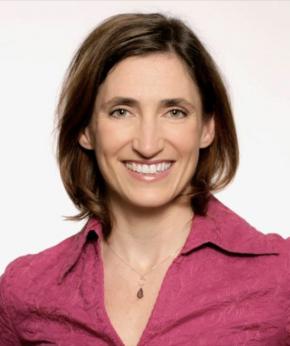
Andrea Durbin, former Director of Portland’s Bureau of Planning and Sustainability.
In this blog series, I’m speaking with sustainability officials in local governments around the country to learn about how they’re tackling socio-environmental issues within the public sector. This week, I interview Andrea Durbin, former Director of Portland’s Bureau of Planning and Sustainability (BPS).
For more than a decade, Durbin led the Oregon Environmental Council, a statewide nonprofit working on sustainability issues and engaging a range of stakeholders from businesses to community leaders and elected officials. She focused on strategic development, program management, government relationships, and policy development. “I take a collaborative approach to leadership,” Durbin says, “which has proved helpful for leading and convening work with other bureaus and other external stakeholders.”
- Date: 05 May 2022
In our Behind the Scenes series we speak to WWF staff to learn more about their work and what makes them tick. For today’s post, we caught up with Katherine Devine, Director of Business Case Development for WWF's Markets Institute.
- Date: 04 May 2022
- Author: Tara Doyle, World Wildlife Fund
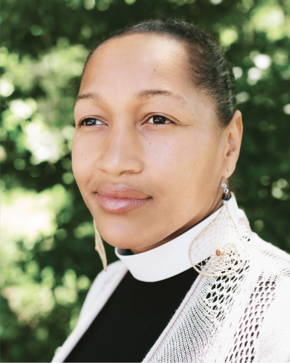
Rev. Mariama White-Hammond, Chief of Environment, Energy, and Open Space for the City of Boston.
In this blog series, I’m speaking with sustainability officials in local governments around the country to learn about how they’re tackling socio-environmental issues within the public sector. This week, I interview Rev. Mariama White-Hammond, Chief of Environment, Energy, and Open Space for the City of Boston. Rev. Mariama is the founding pastor of New Roots AME Church, a multi-racial congregation that strives to address climate change, immigration issues, and economic injustice through community-building and shared faith.
Reflecting on her transition into the public sector, Rev. White-Hammond says, “I believe in government as an opportunity for us to pool our resources together and think collaboratively and comprehensively about what we need as a whole.” She initially questioned whether she would be a good fit for government work, with the political hurdles and restriction of speech that it often entails. However, she realized that Boston was at a pivotal moment in its response to the dual crises of climate change and inequity. “People say I’m involved in a lot of different things, but I see them as connected,” Rev. White-Hammond explains. “I frame my work as ecological justice. Ecology looks at the relationship between things in nature, and we need to consider relationships when we make decisions.”



